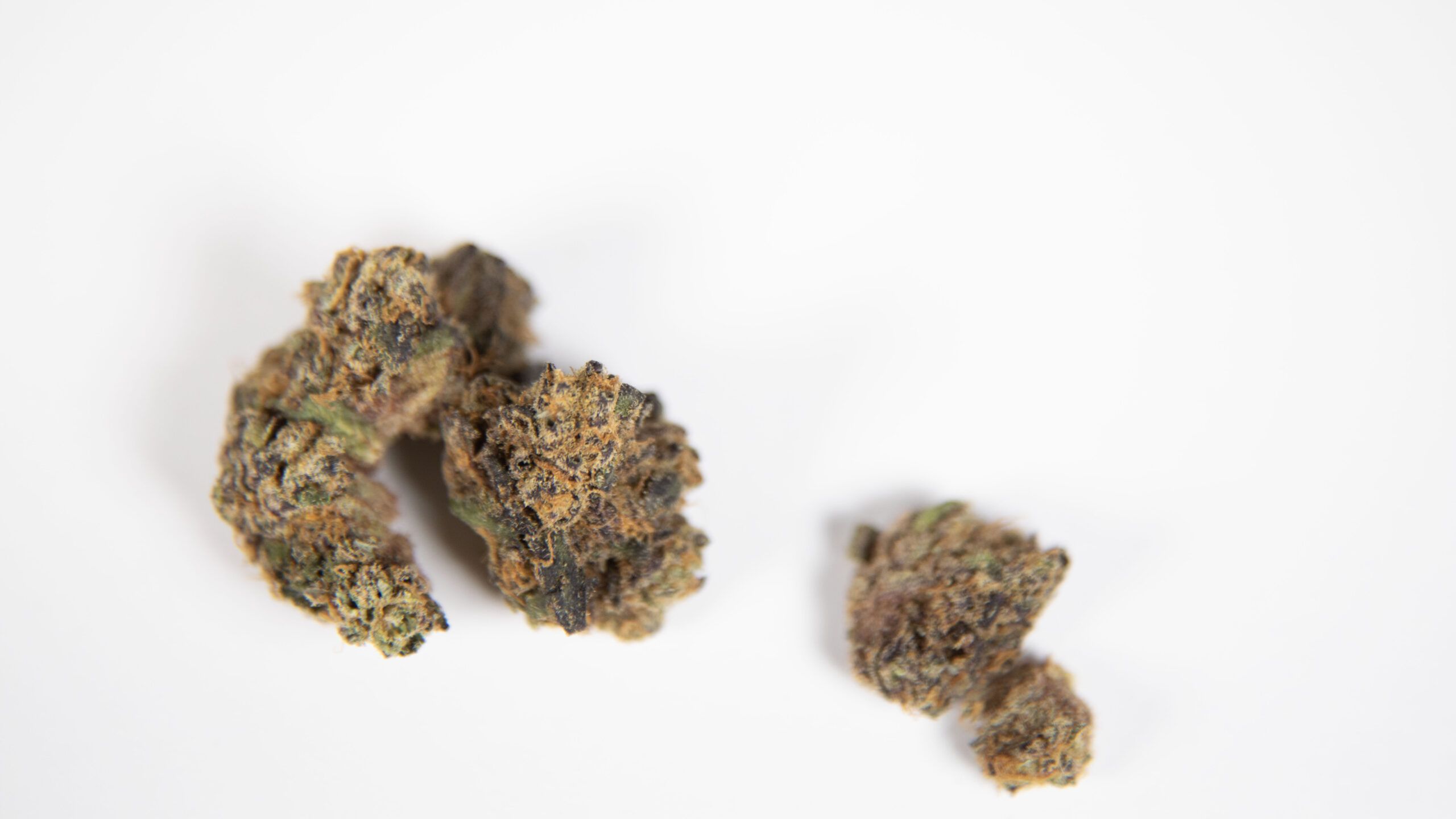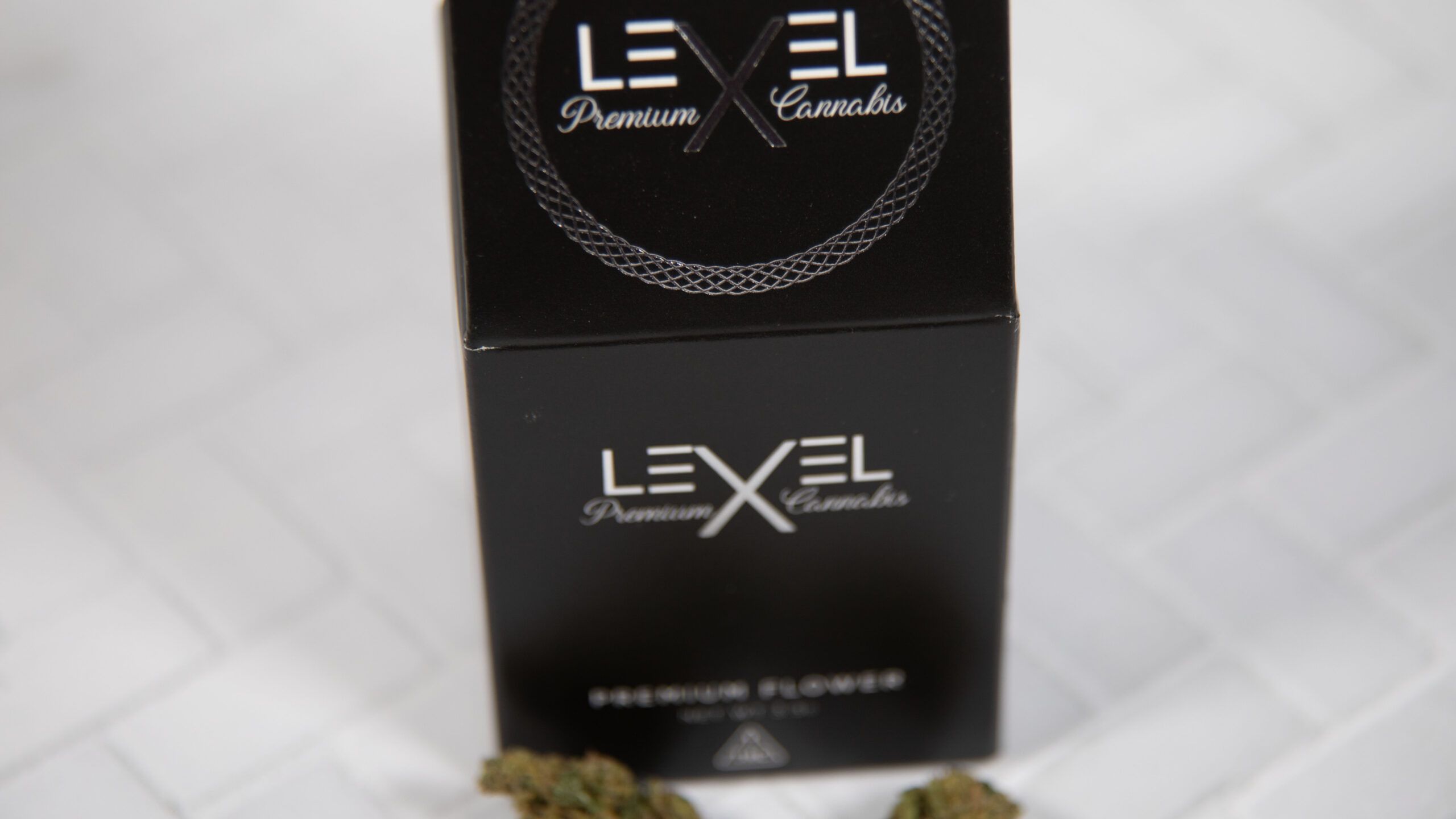The following interview response came about during a podcast with a well known host, who asked to remain anonymous, when asked about their view on cannabis.
“I think it’s really important to look at the evidence and understand the context when comparing cannabis to other substances. First off, if we’re talking about legality and societal impact, it’s clear that alcohol and tobacco have been far more destructive, both in terms of health and social consequences. Alcohol, for example, is linked to a staggering number of deaths each year, not to mention domestic violence, accidents, and long-term health issues like liver disease.
Then there’s prescription drugs. The opioid crisis has devastated communities across the country, with overdose deaths reaching epidemic levels. These are legal substances, prescribed by doctors, yet their impact has been catastrophic.
Cannabis, on the other hand, while not without its risks—especially in terms of adolescent use and its potential impact on developing brains—has medicinal properties that have been recognized and legalized in many states for conditions ranging from chronic pain to epilepsy. The addiction and mortality rates associated with cannabis are also significantly lower compared to opioids, alcohol, and tobacco.
Now, this isn’t to say cannabis is completely harmless. No substance is without its side effects, and it’s crucial to have informed discussions about responsible use. But to ignore the comparative data and societal impact is to miss a crucial part of the conversation.
What really gets me is the inconsistency in how we treat different substances. There’s a lot of historical baggage and misinformation that has shaped our drug policies, often not based on actual harm but on political and social biases. It’s time to reevaluate these policies with a clear-eyed look at the science and the real-world impacts, and that includes a more nuanced conversation about cannabis compared to other substances.”
-Anonymous





